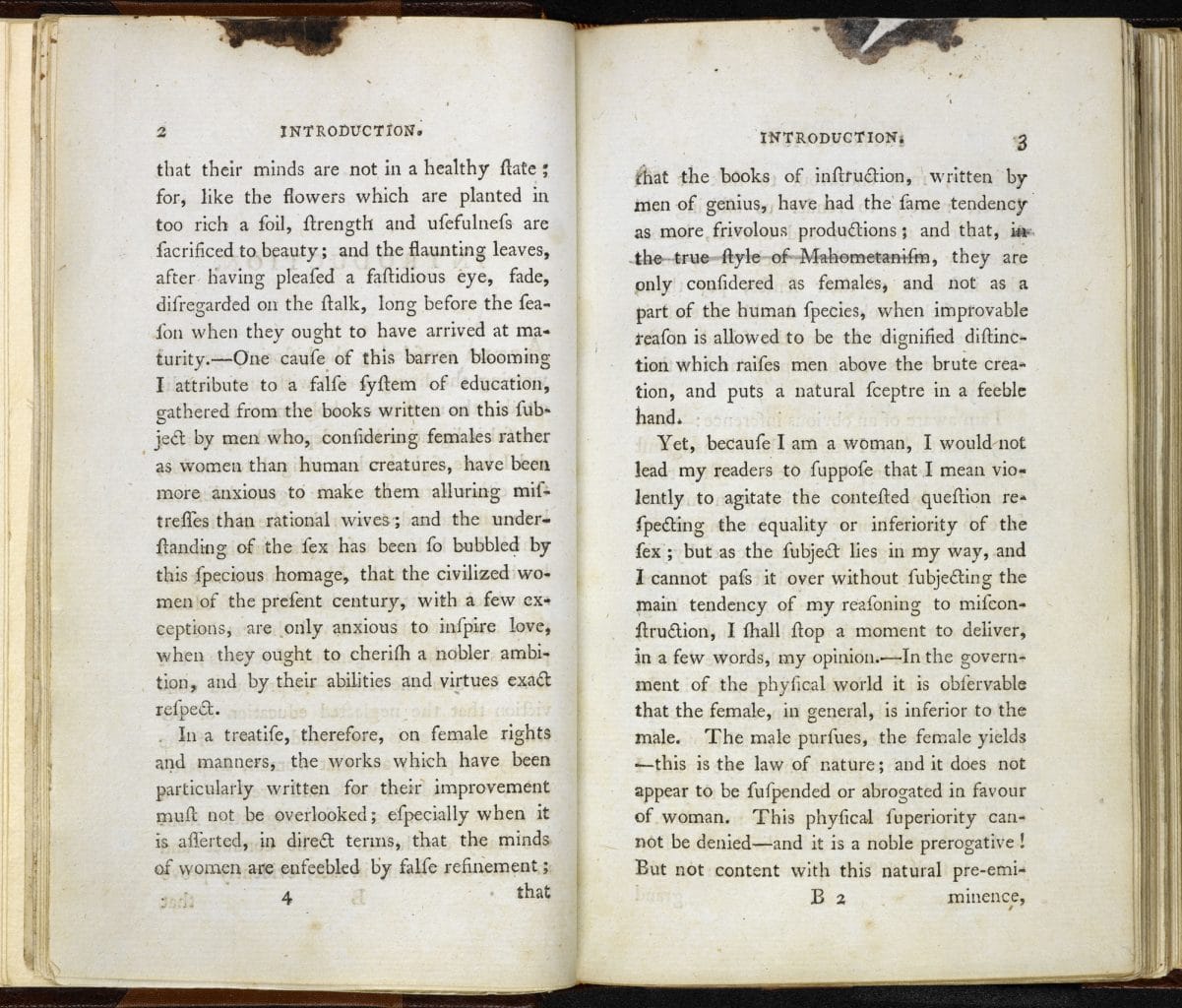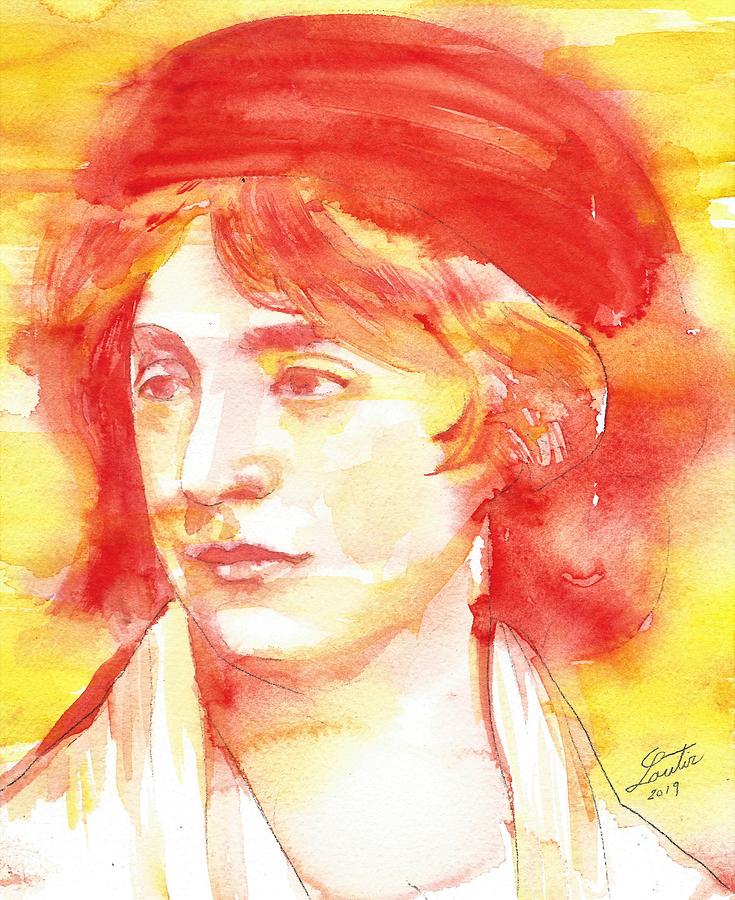
Wollstonecraft was prompted to write the Rights of Woman after reading Charles Maurice de Talleyrand-Périgord's 1791 report to the French National Assembly, which stated that women should only receive domestic education.

Instead of viewing women as ornaments to society or property to be traded in marriage, Wollstonecraft maintains that they are human beings deserving of the same fundamental rights as men. She argues that women ought to have an education commensurate with their position in society, claiming that women are essential to the nation because they educate its children and because they could be "companions" to their husbands, rather than mere wives. In it, Wollstonecraft responds to those educational and political theorists of the eighteenth century who did not believe women should receive a rational education. Memoirs and Posthumous Works of Mary Wollstonecraft Godwin, Vol.A Vindication of the Rights of Woman: with Strictures on Political and Moral Subjects at WikisourceĪ Vindication of the Rights of Woman: with Strictures on Political and Moral Subjects (1792), written by British philosopher and women's rights advocate Mary Wollstonecraft (1759–1797), is one of the earliest works of feminist philosophy.An historical and moral view of the origin and progress of the French Revolution and the effect it has produced in Europe Mary Wollstonecraft 39 downloads.



A Vindication of the Rights of Woman Mary Wollstonecraft 1761 downloads.


 0 kommentar(er)
0 kommentar(er)
